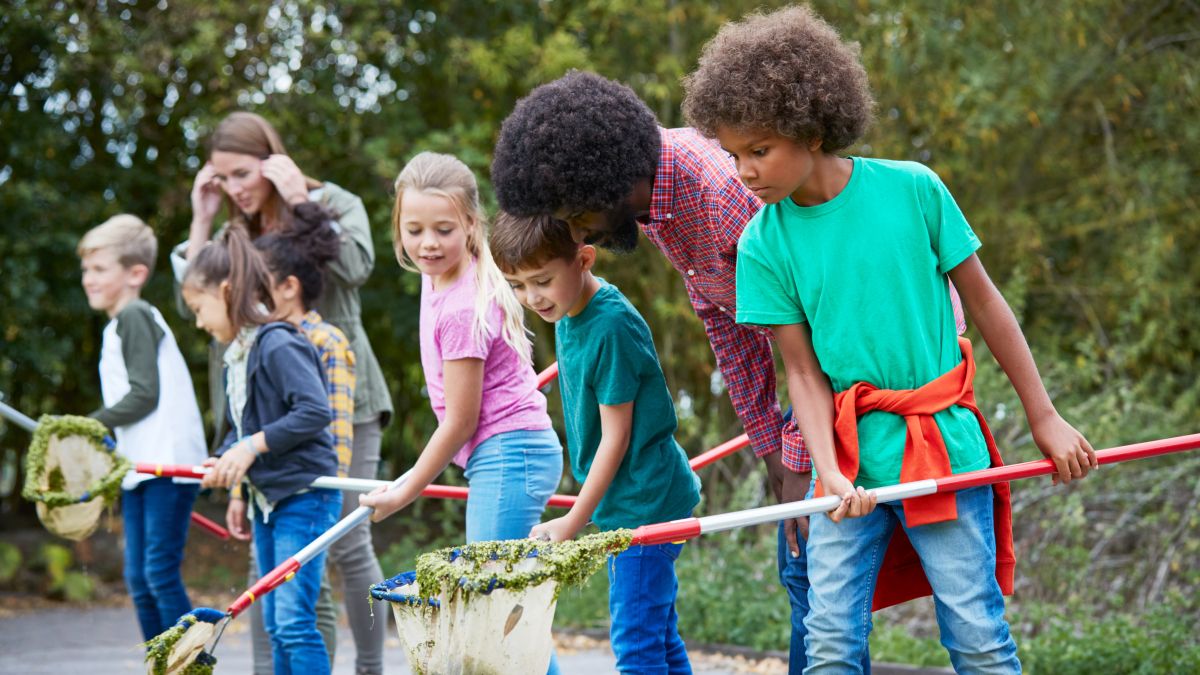Programs
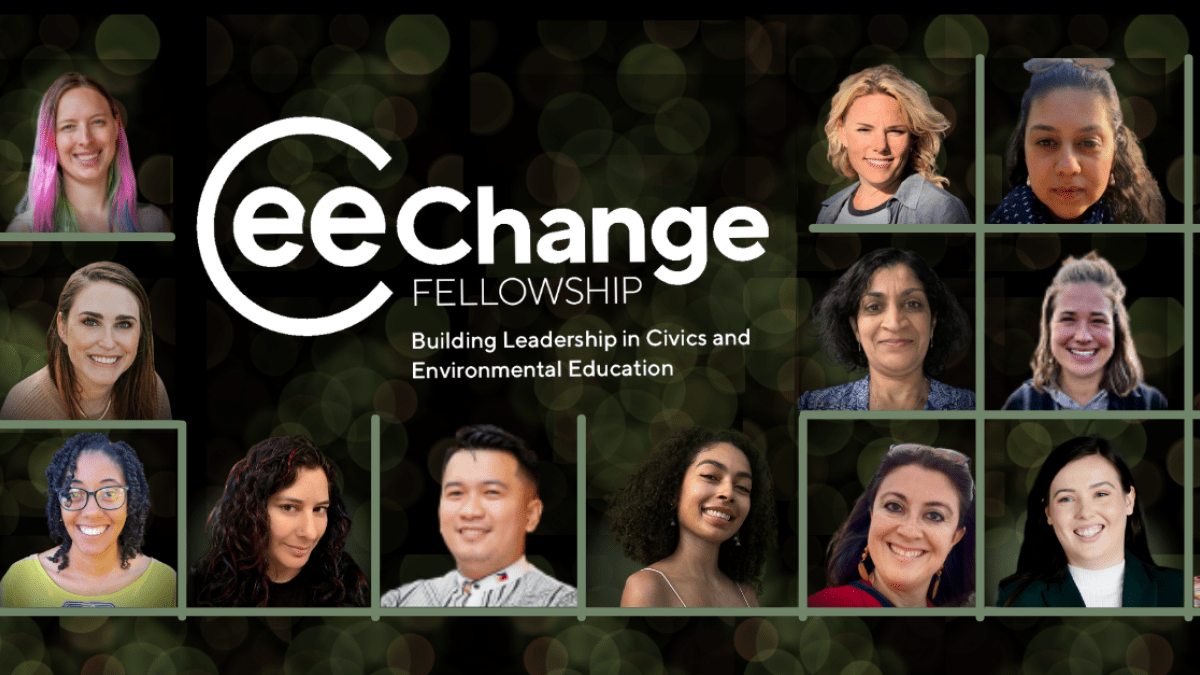
CEE-Change Fellowship 2023
The CEE-Change Fellowship Program provides an opportunity for formal and nonformal environmental and civic engagement educators of all ages from across North America to learn from each other and collaborate to scale up our impact as we work to create a more equitable and sustainable future. The 2023 Fellowship program will include a special focus on climate change and education. This initiative is funded by Cedar Tree Foundation and ee360+, a cooperative agreement between NAAEE, U.S. EPA, and partner organizations.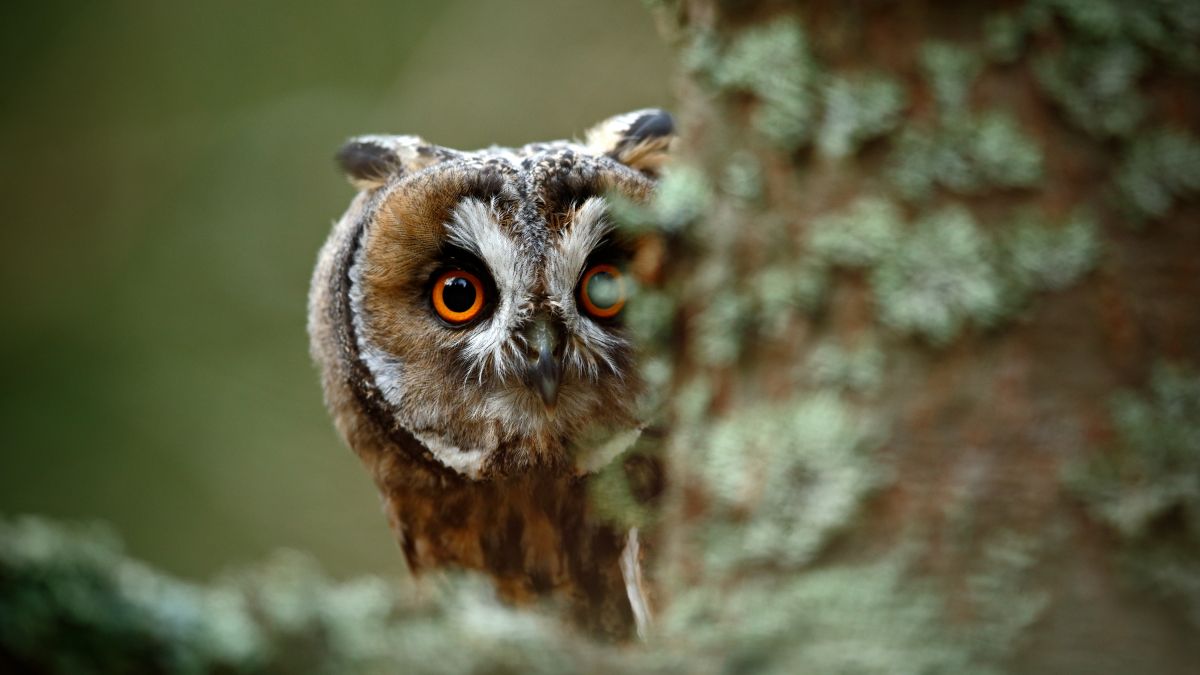
Certification
Professional certification ensures that individuals are fully prepared for work within a specific field of expertise. Certified environmental educators meet stringent requirements for proficiency in both the interdisciplinary content and pedagogy necessary to develop and deliver high-quality, effective EE programs.
Civic Engagement and Environmental Issues Forums
In partnership with the Kettering Foundation, Environmental Issues Forums (EIF) provides tools, training, and support for engaging adults and students in meaningful, productive discussions about sticky issues that affect the environment and communities.
Climate Change Education
Responding to the challenges created by climate change will take an all-hands-on-deck approach—and educators of every stripe, working in settings across the educational spectrum, will have a big role to play.
E-STEM Initiatives
E-STEM is the process of engaging students in meaningful learning experiences that increase skills in STEM (Science, Technology, Engineering, and Math) through environmental problem-solving.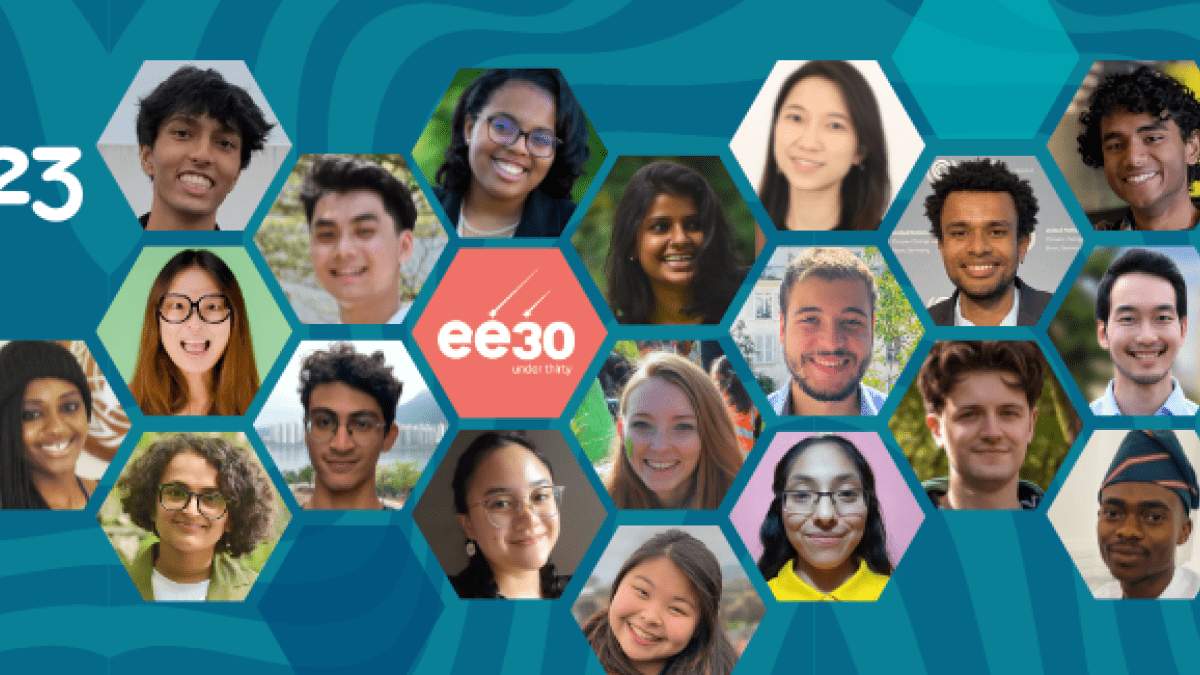
EE 30 Under 30
This NAAEE signature annual leadership program recognizes 30 game-changing leaders under 30 years of age who are using environmental education to build a sustainable future for all.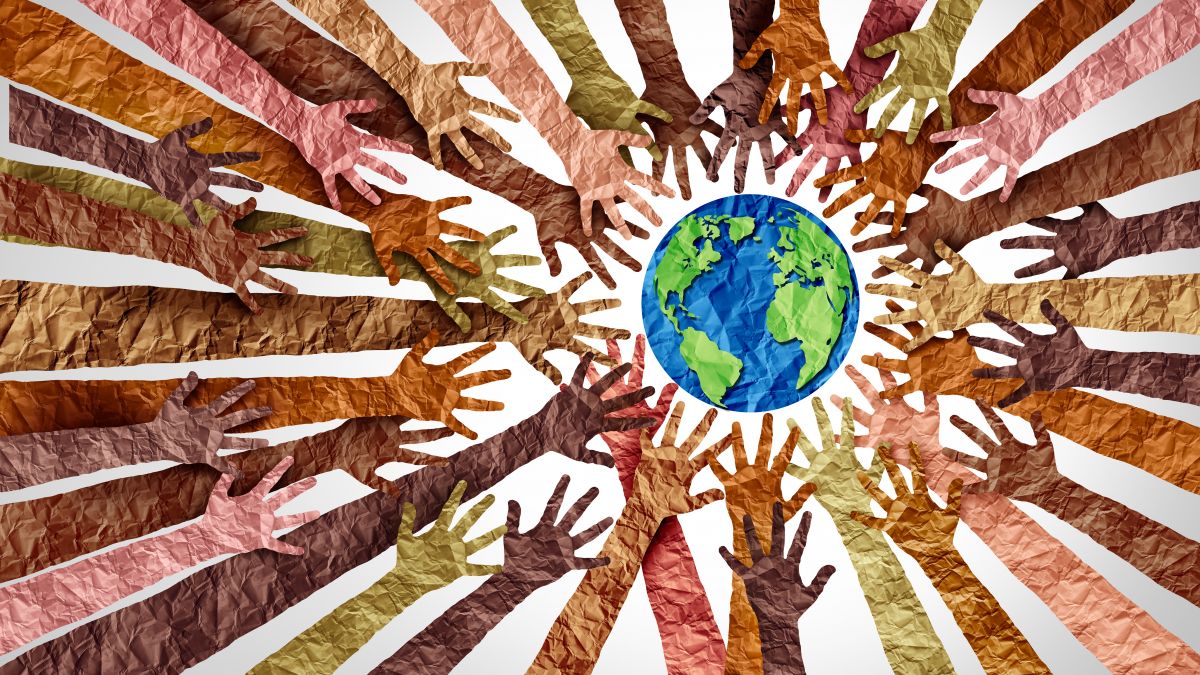
EE Policy
NAAEE is developing tools for Affiliates and other partners that will help them to advocate for the field and communicate effectively on behalf of EE and their own organizations.
ee360+
ee360+ is an ambitious three-year initiative that supports a diverse cadre of environmental education leaders to increase environmental literacy for everyone, everywhere.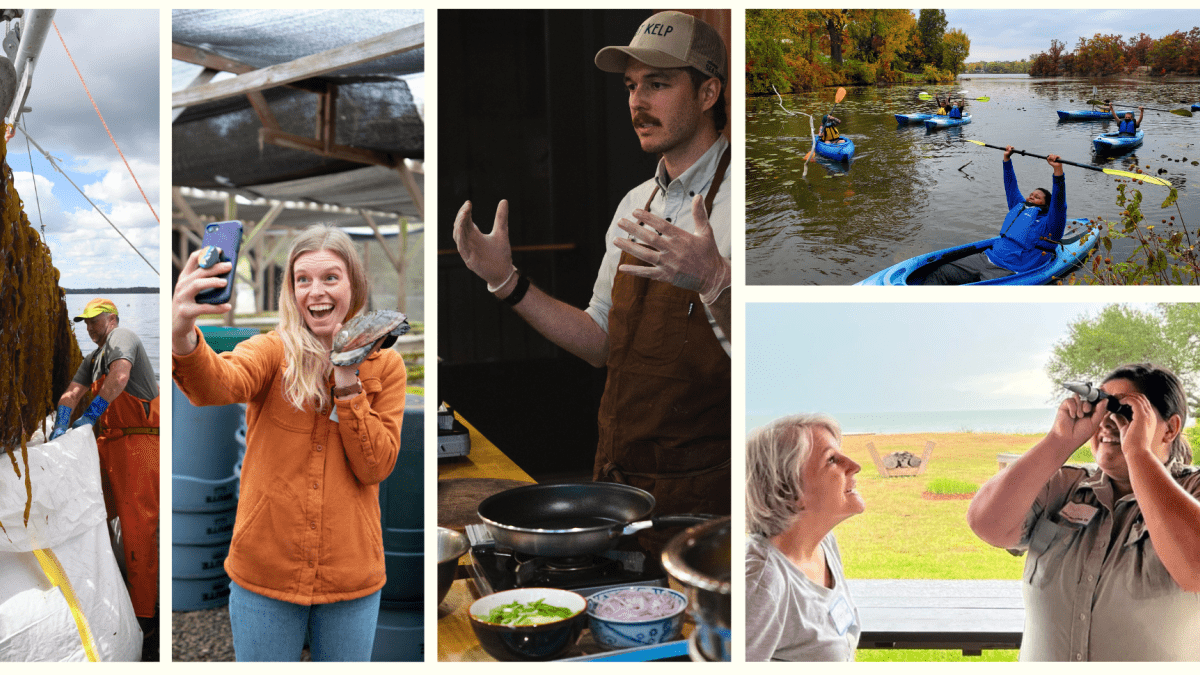
eeBLUE
NOAA and NAAEE are embarking on another groundbreaking five-year eeBLUE partnership aimed at furthering environmental and science literacy to build more resilient communities nationwide.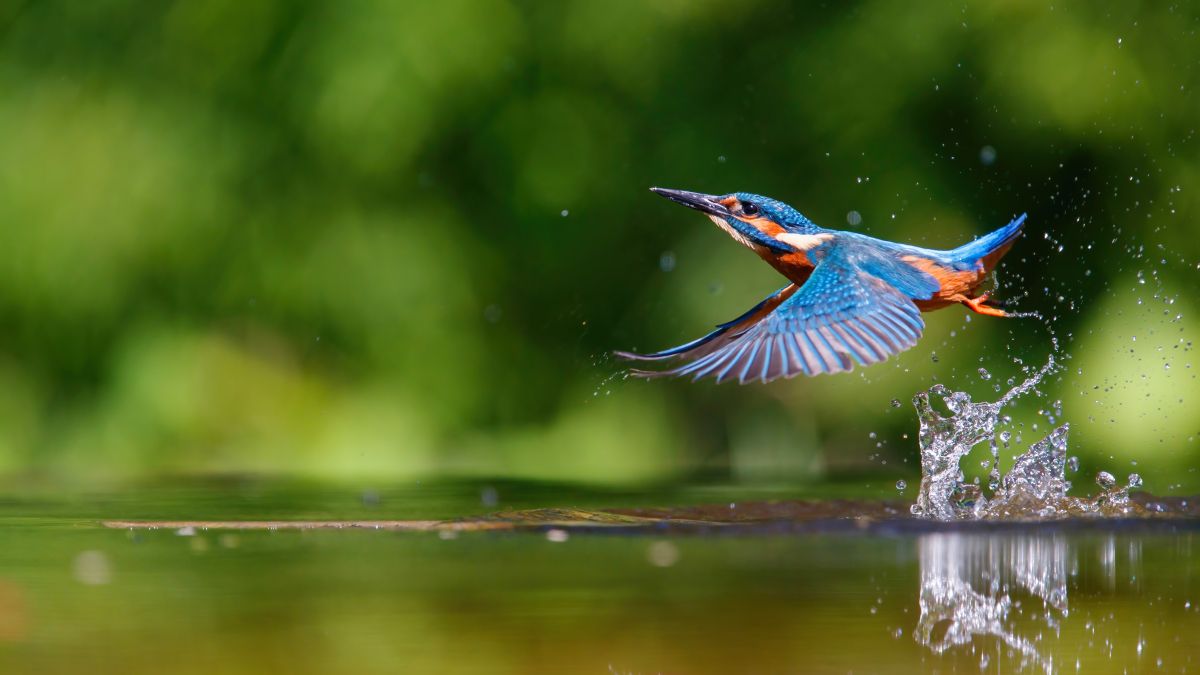
eePRO
eePRO is the global online community for everyone who cares about education and creating a more just and sustainable future. Connect with other EE professionals, participate in discussions in eePRO groups, and find and share resources, events, and opportunities!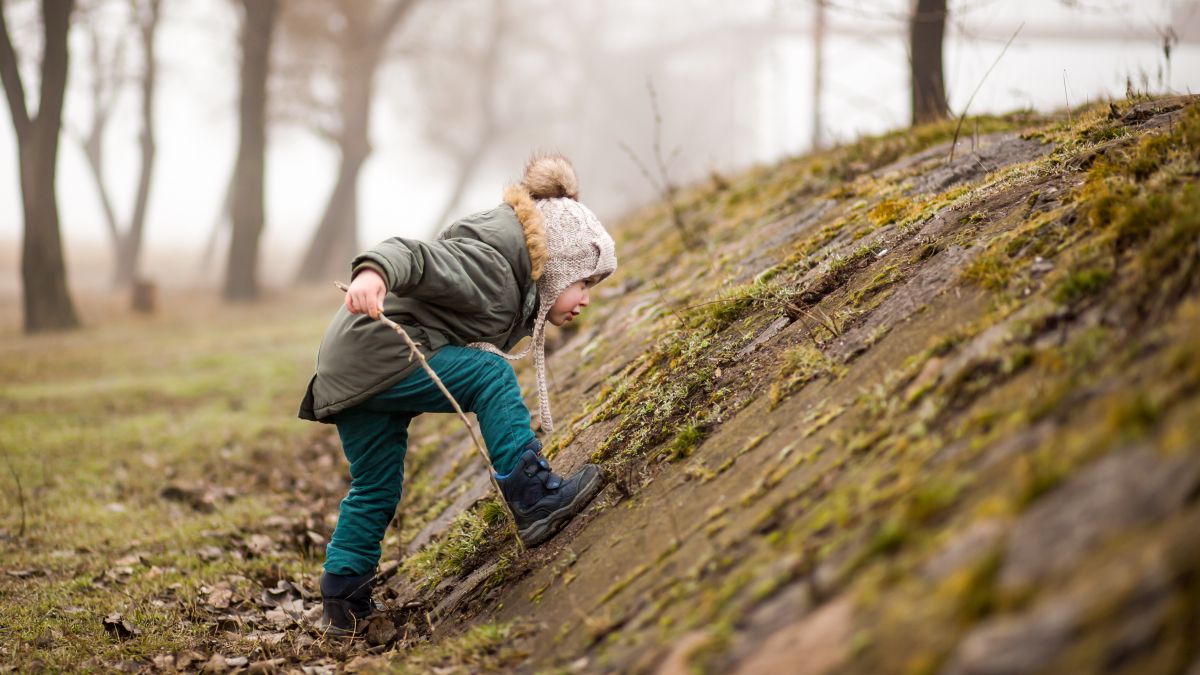
eeWORKS
The goal of eeWORKS is to demonstrate the impact and value of environmental education by substantiating powerful anecdotes from across the field with empirical evidence and developing communication materials that professionals can use to bolster support and funding for EE.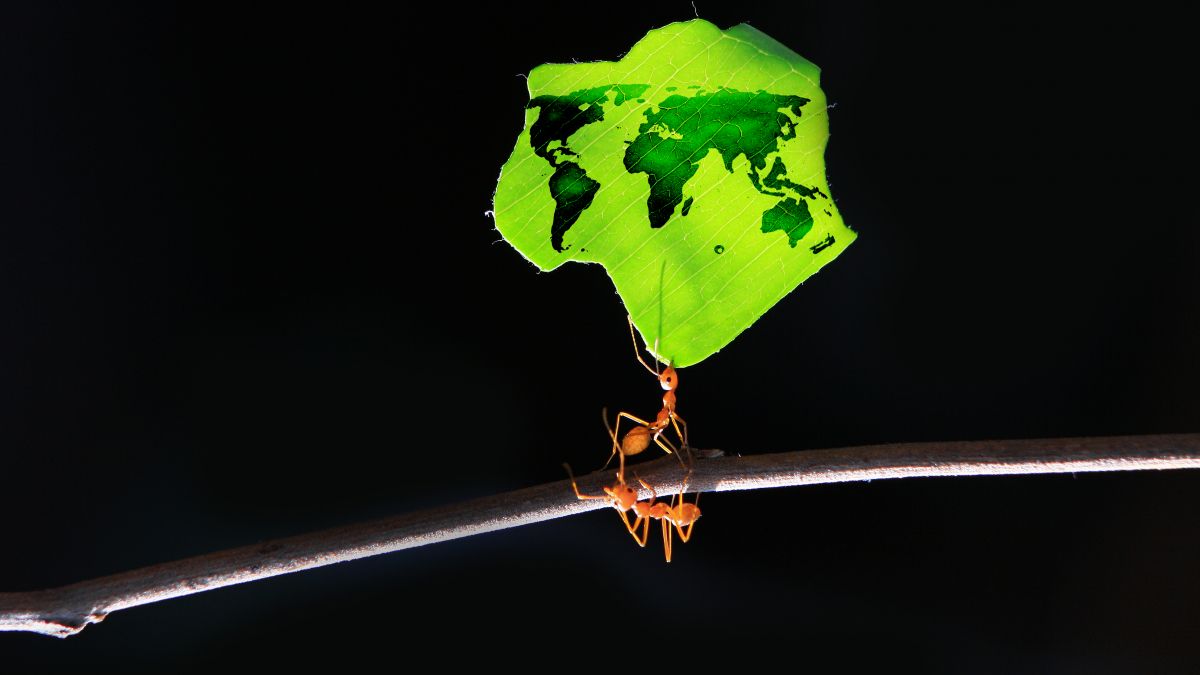
Global Environmental Education Partnership (GEEP)
NAAEE's signature international collaboration is through the Global Environmental Education Partnership (GEEP), a global network committed to advancing environmental literacy to create a more just and sustainable future through education.
Global Initiatives
NAAEE works with countries around the globe to collaborate and share resources and best practices on a variety of environmental education topics—from climate change to national EE policy.
Guidelines for Excellence
The NAAEE National Project for Excellence in Environmental Education developed a series of guidelines that set the standards for high-quality environmental education.
Higher Education Accreditation
Preparing environmental educators who possess the knowledge and abilities to provide high quality education to diverse audiences in various settings is one of NAAEE's most important activites.
Leadership
NAAEE is committed to building leadership skills and providing opportunities for a diverse cadre of multi-generational learners to grow, share, and innovate. We provide professional learning opportunities for fellows and EE 30 Under 30 Honorees, emerging EE professionals, and highlight outstanding achievements in environmental education through our annual Awards for Excellence in EE.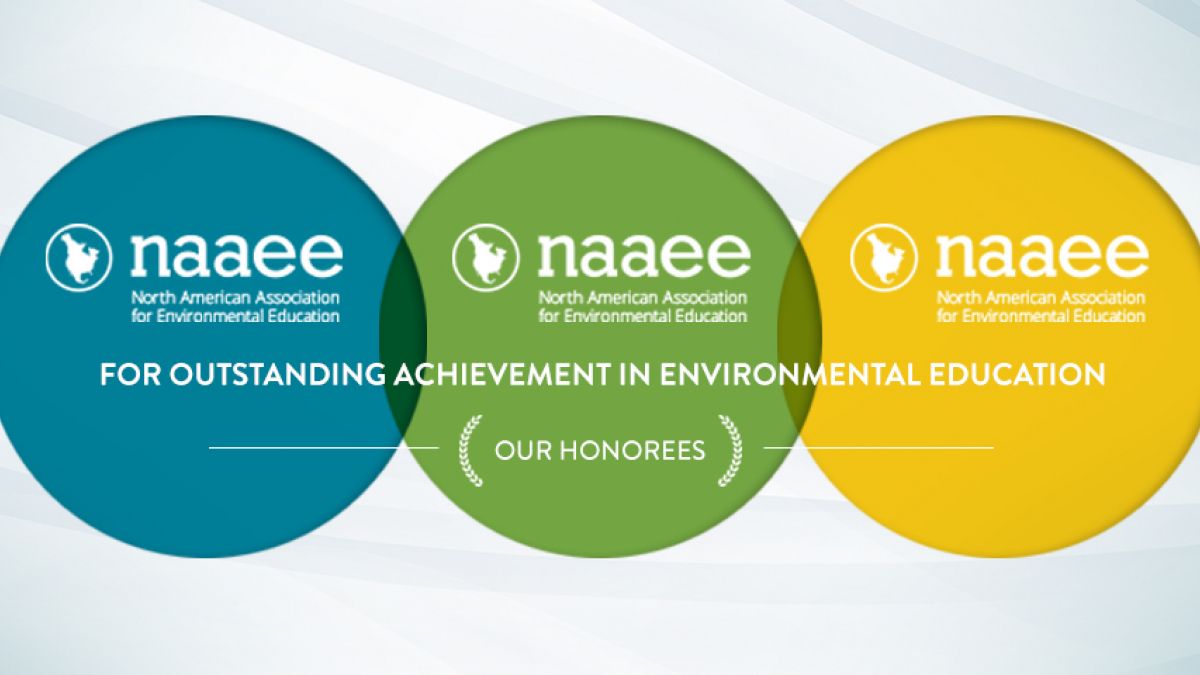
Leadership: Awards for Excellence
NAAEE awards are presented to individuals and organizations at our annual conference to recognize outstanding achievements in environmental education.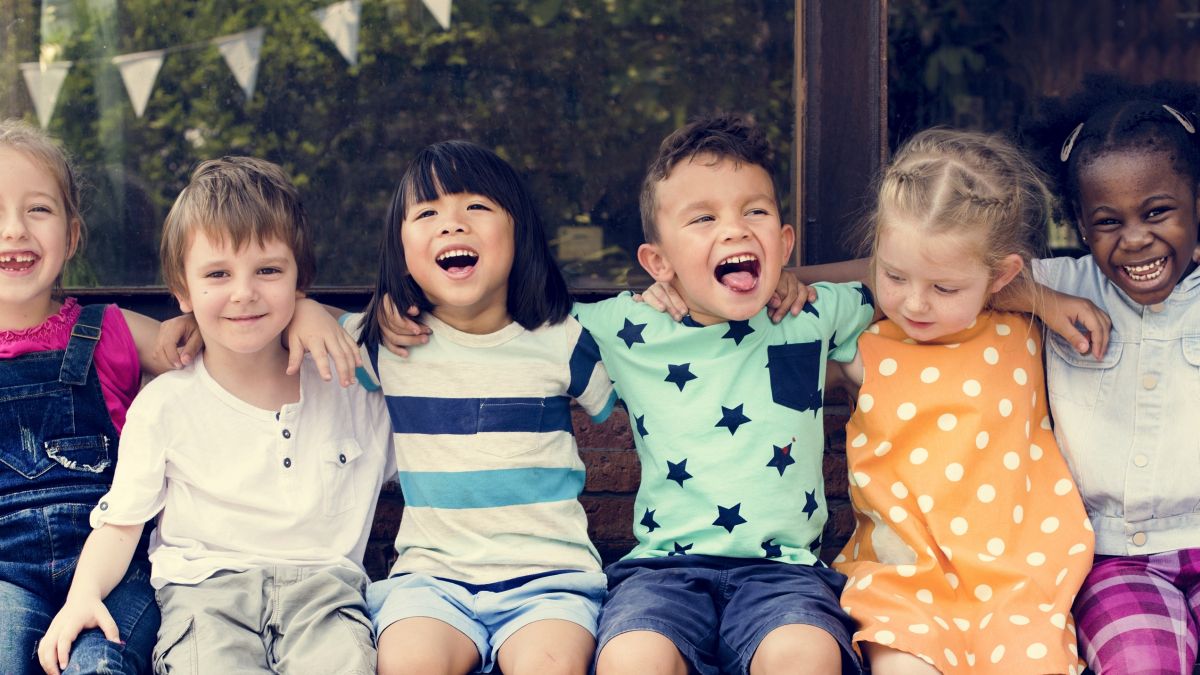
Natural Start Alliance
NAAEE supports early childhood environmental educators through the Natural Start Alliance—a network of organizations, educators, and parents committed to connecting young children to nature and the environment through education.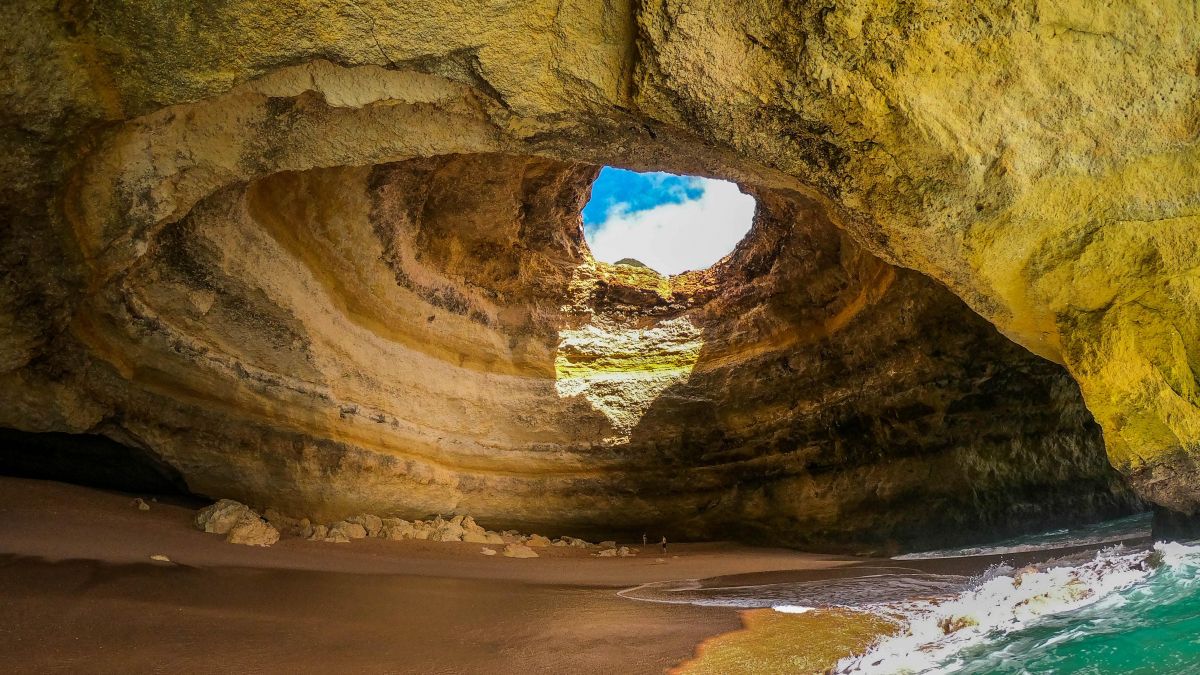
Research and Evaluation
Explore our collaborative eeRESEARCH library, learn about evidence-based EE outcomes through eeWORKS, and evaluate your programs using the tools on the new eeVAL platform.
Superintendents' EE Collaborative (SEEC)
The Superintendents’ Environmental Education Collaborative was formed through a partnership between Superintendents and environmental education organizations. SEEC is comprised of district-level superintendents who are committed to support and expand the EE opportunities for their schools, teachers, and students.